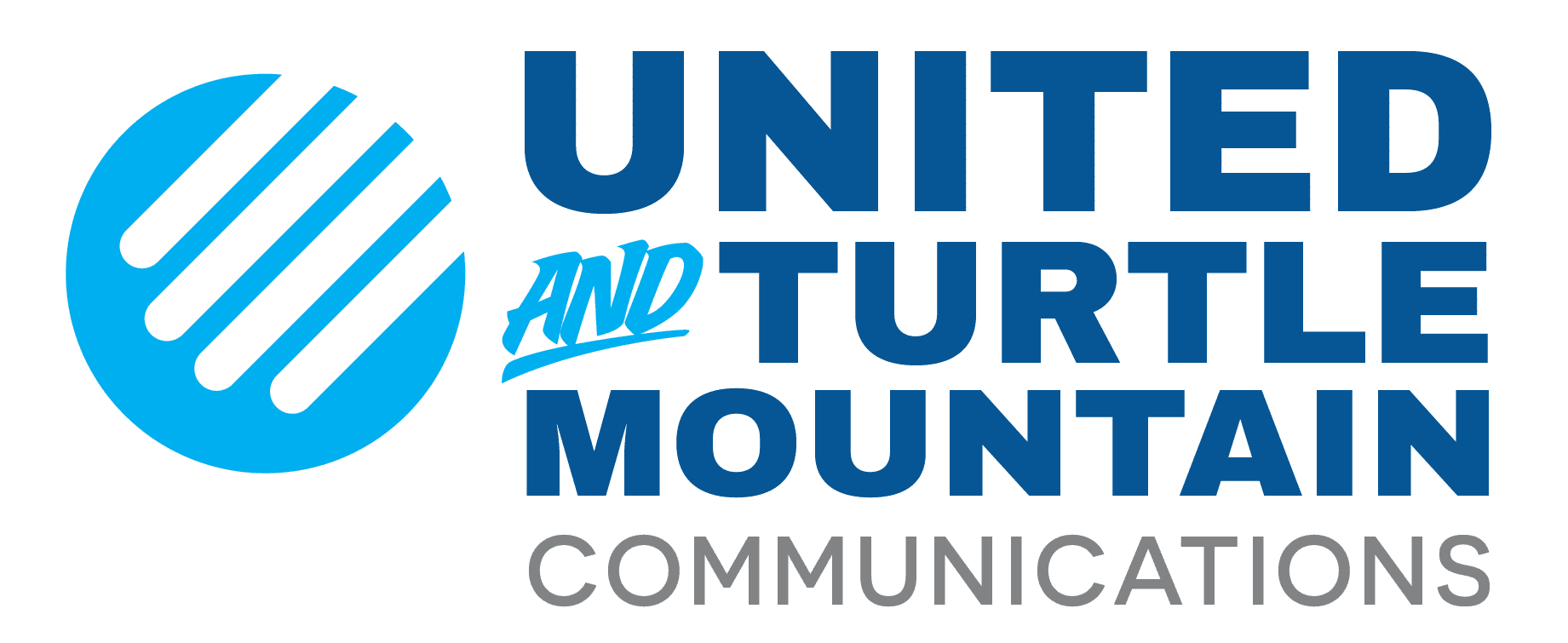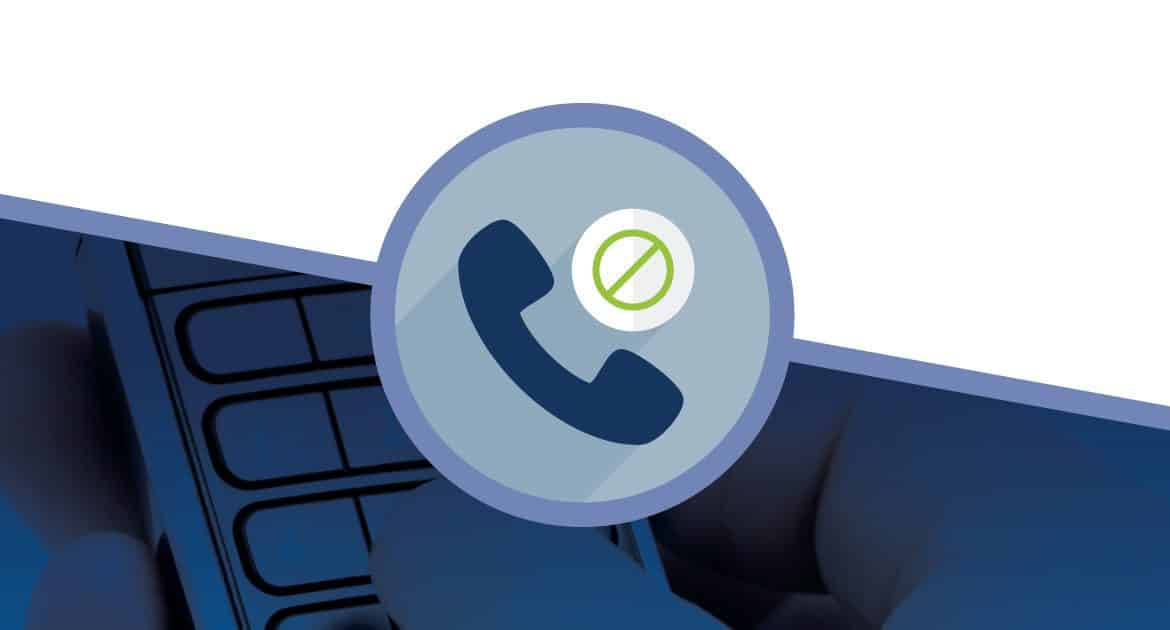Protecting yourself online has become an important part of using the internet. Most people have learned to be careful about sharing their personal information, what they share on social media, or scanning emails for potential scams. But there is something you might not be as careful with that you should be – protecting your phone number.
As people become more mindful of protecting their phone number and being selective about the calls they answer, malicious phone activities like robocalls and scams have increased their effectiveness and become harder to identify at first glance. Your Caller ID often shows a local phone number, giving you a false sense of security. Don’t fall for it – just because a number shows up on your Caller ID as local, does not mean that it is.
If you’re tired of receiving annoying robocalls or phone scams and want to protect yourself, read more about the background of these types of malicious calls and what steps you can take to safeguard your phone number and private information.
What are robocalls?
Robocalls are any call made by an automated system with a recorded message. If you answer the phone and you hear a message rather than an actual person, this is a robocall.
What is the difference between robocalls and scam calls?
While robocalls are any form of automated message, not all robocalls are illegal or hazardous.
A scam call is a specific kind of illegal phone activity with malicious intent which can come in several forms of communication, including a recorded message with prompts (robocall).
Why do I get so many robocalls and scam calls?
These types of calls are a cheap and easy way to for scammers and telemarketers to send out calls looking for targets.
Why should I care about scam calls?
The intent of scam calls is to illegally obtain your personal information, request money, steal identification, or perform other malicious activities that could leave you vulnerable to identity theft, bank account breaches, and more. Proactively protecting yourself is the best way to safeguard your private information.
What robocalls are legal and illegal?
If you receive a robocall trying to sell you something, it is highly likely that the call is illegal. Unless you give a company written permission – whether in person or online – or other formal approval, it is illegal for them to call you without your consent.
Per FTC regulations, there are a few types of robocalls that do not require your permission:
- Informational messages – such as flight cancellation, appointment reminders, or school notices.
- Debt collection – if a business is collecting a debt from you, they can choose to use robocalls. However, if a company robocalls you to reduce debt or sell you services as such, that is an illegal solicitation.
- Political calls.
- Health care reminders – appointments and prescription refills, for example.
- Charity messages – some charities use robocall systems to call previous donors; however, these calls must include an option to opt-out of future calls.

What can I do to protect myself from unwanted calls?
Luckily, there are several things that you can do to prevent these.
Don’t share your phone number
A simple way to protect your phone number is to never share it with a source that you don’t know or trust.
Never share your private information
Do not, under any circumstances, share your account information, Social Security number, or any other sensitive information with a company calling you. Companies would not request that information from you over the phone. Hang up immediately, find the number for the company they’re claiming to call from – on your statement, an official phonebook, etc. – and call to report the incident so they are aware of the activity and can confirm it was not them.
Don’t answer unknown numbers
Even if they appear to be a local number in your area code, don’t answer unknown numbers. If you do and find yourself being solicited or asked for information, hang up immediately.
Set a voicemail password
If you have voicemail service with us at United & Turtle Mountain Communications, make sure that it is password-protected. View our voicemail user guide for more info.
Block unwanted calls with call-screening services
Put an end to unwanted robocalls and scam calls with our call-screening service, Terminating Call Manager. This service challenges any suspicious numbers, helping to catch and stop any robocalls from getting through to your phone.
For $1.95/line per month, Terminating Call Manager gives you the following features:
- Block the last caller from your phone
- No extra equipment or hardware
- Stats on illegal calls per month
- One-time setup by our staff
- Easily manage from your landline, PC, mobile device, or tablet
- Challenge pass for friends, family, and business contacts
- Automatically blocks numbers reported by other users
- Your personal blocked and allowed lists
To sign up for Terminating Call Manager, start here.
Manage your call-screening service
If you receive our Terminating Call Manager service, you can also get the ManageMyCalls app for easy-to-use call management. With ManageMyCalls, you can adjust service settings and take control of your own number lists, to allow or block specific numbers from getting through to your phone line.
To learn more about our call-screening services or how to further protect your phone from robocalls and scam calls, contact our team at your local office.





